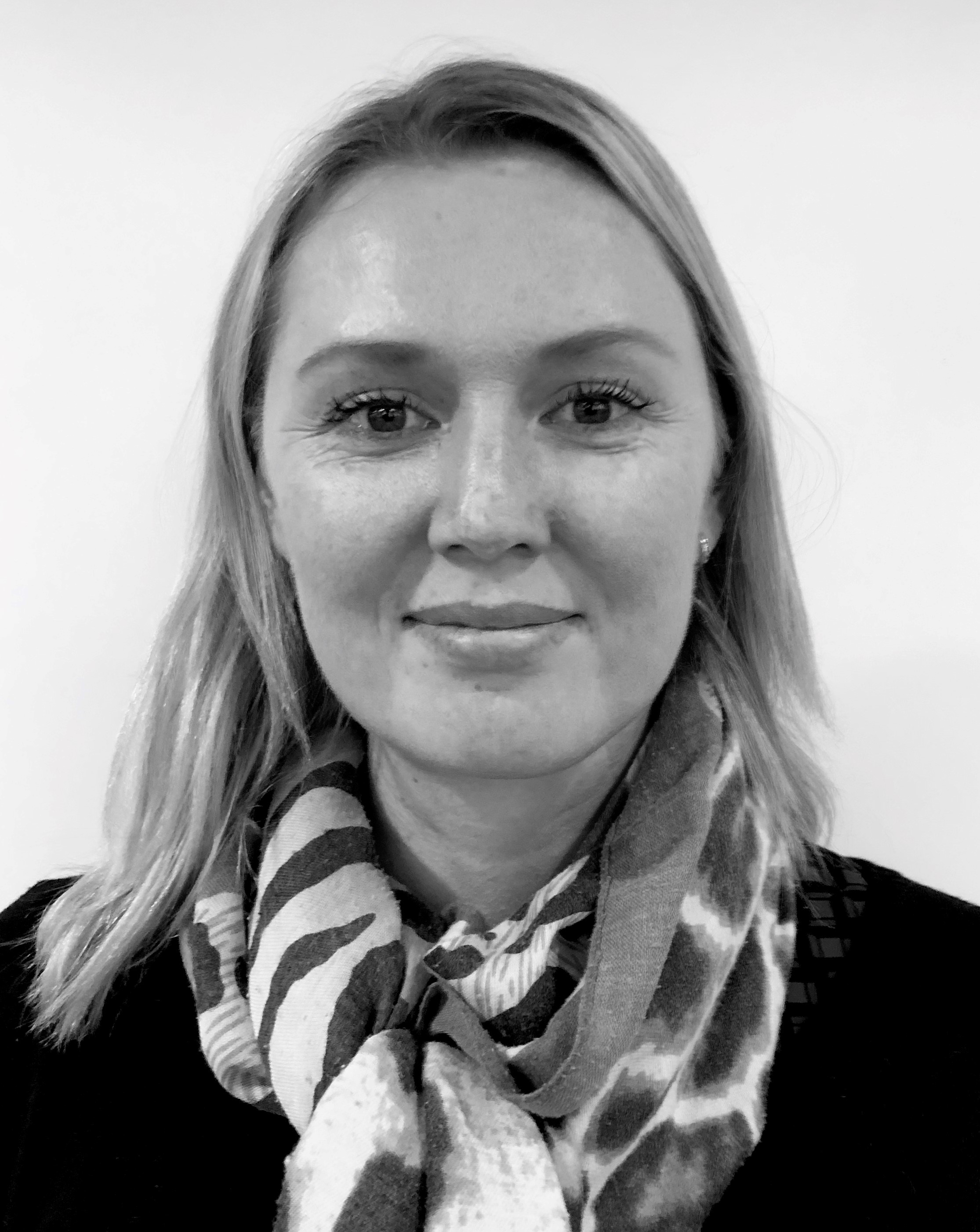
What can audiologists do to help lonely patients?
3 pieces of advice you can give your patients to make communication easier and less stressful.
There has been a lot of talk recently about the association between hearing loss, loneliness and social isolation.1,2 Of course, loneliness is not unique to people with hearing loss.
In fact, about 1/3 of adults report being lonely most or some of the time.3-5
Nonetheless, because people with hearing loss face communication challenges in many social situations, the issue of loneliness in particular, needs special consideration.
Social isolation ≠ loneliness. What’s the difference?
First, let’s define what we are talking about. It is important to distinguish between the terms social isolation and loneliness because although they are often used interchangeably, in reality they are distinctly different constructs, and have different implications for patient care.
Social isolation is an objective measure, or count, of a person’s social contacts. It says nothing about the closeness of those contacts, nor how the person feels about them.
Loneliness on the other hand is a subjective feeling of being alone and describes a mismatch between a person’s desired levels of social connection and their actual levels of social connection.
The two constructs are of course often related, such that few social contacts can lead to feelings of loneliness but not necessarily.
In other words, one may have few social contacts and yet not be lonely or feel lonely in the presence of others – which can happen when relationships with others don’t fulfil one’s emotional needs.
It is interesting, and particularly relevant here, that as we age, the number and variety of social contacts we have decreases. But that this does not necessarily result in decreased well-being or increased loneliness6 – it simply supports the adage that it is quality not quantity that counts.
So what does all this mean for people with hearing loss?
We can probably assume that because hearing loss makes communication more difficult, people either begin to avoid social situations entirely or feel lonely ‘in a crowd’ because it is a struggle to join in.
Currently there is only weak evidence that hearing aids and cochlear implants decrease loneliness.7,8 This might be because few studies have directly investigated the topic, and those that have are small, therefore although findings are generally positive, results are not statistically significant.
This is not to suggest that hearing technology does not decrease loneliness, but that more work needs to be done before we can definitively say it does.
How can we, as audiologists, help?
Well, it is worth thinking of other ways to enhance the quality of social connections so that people can feel more connected to the friends they have (quality not quantity again).
Audiologists can play a major role in this by suggesting simple ways that can make communication easier and less stressful.
Some ideas for advice could include:
- Meeting up in a quiet location (e.g. in the park or at home) instead of at a busy cafe.
- Getting together with just one or two people at a time rather than a big group.
- Proactively planning an activity rather than just taking it a it comes.
These will help the person with hearing loss have greater control over the sound environment, decrease communication stressors, and focus the content of conversation, respectively.
A final important point to remember is that referral to another professional may be necessary if the care the patient needs is beyond the scope of practice of audiology. Managing the very lonely patient could well fall in this category.
We suggest you take a look at the article by John Greer Clark, Kris English and Joe Montano9 that was published in a special issue of International Journal of Audiology on well-being that provides guidance for how this can be done thoughtfully and sensitively.
References:
- Bott, A., & Saunders, G.A. (2021). Scoping review of studies investigating hearing loss, social isolation and/or loneliness in adults. Int J Audiol; 60(sup2): 30-46.
- Shukla, A., Harper, M., Pedersen, E., Goman, A., Suen, J.J., Price, C., Applebaum, J., Hoyer, M, Lin, F.R. & Reed, N.S. (2020). Hearing loss, loneliness, and social isolation: A Systematic Review. Otolaryngol Head Neck Surg;162(5):622-633.
- AgeUK (2018). All the Lonely People: Loneliness in Later Life Technical Report: presentation of analytical methodology and results. Available at: https://www.ageuk.org.uk/globalassets/age-uk/documents/reports-and-publications/reports-and-briefings/loneliness/180917_loneliness-report-technical-report_final.pdf. Accessed September, 2021.
- Beutel, M.E., Hettich, N., Ernst, M., Schmutzer, G., Tibubos, A.N. & Braehler, E. (2021). Mental health and loneliness in the German general population during the COVID-19 pandemic compared to a representative pre-pandemic assessment. Sci Rep; 22;11(1):14946.
- National Academies of Sciences and Medicine. (2020). Social Isolation and Loneliness in Older Adults: Opportunities for the Health Care System; The National Academies Press: Washington, DC, USA; ISBN 978-0-309-67100-2.
- Bruine de Bruin, W., Parker, A.M. & Strough, J. (2020). Age differences in reported social networks and well-being. Psychol Aging; 35(2): 159-168.
- Ellis, S., Sheik, Ali S. & Ahmed, W. (2021). A review of the impact of hearing interventions on social isolation and loneliness in older people with hearing loss. Eur Arch Otorhinolaryngol. May 7.
- Masi, C.M., Chen, H.Y., Hawkley, L.C. & Cacioppo, J.T. (2011). A meta-analysis of interventions to reduce loneliness. Pers Soc Psychol Rev; 15(3): 219-66. doi: 10.1177/1088868310377394
- Clark, J.G., English, K.M., Montano, J.J. (2021). Heightening our vigilance towards patient well-being. Int J Audiol; 60(sup2):4-11.
Co-authors:
Anthea Bott, Manager R&D Insights and Machine Learning, GN Hearing / Adjunct Fellow, The University of Queensland
Before joining GN Hearing, Anthea completed her PhD in Audiology at The University of Queensland in 2020 where she explored the delivery of hearing services for adults living with dementia and hearing loss residing in care homes. She now applies her background to working with big data and AI. Recently, she was a guest-editor for the special supplement on hearing and well-being in The International Journal of Audiology.
Charlotte Vercammen, Audiological Researcher, Sonova
Charlotte studied Speech Language Pathology and Audiology Sciences at the University of Leuven in Belgium. Before joining Sonova in 2018, she worked as a Teaching Assistant and obtained a PhD at the University of Leuven’s Faculty of Medicine. Her research at the research group of Experimental Oto-rhino-laryngology focused on cognitive hearing science, investigating the interactions between cognition and hearing, and electrophysiological measures of binaural hearing.


